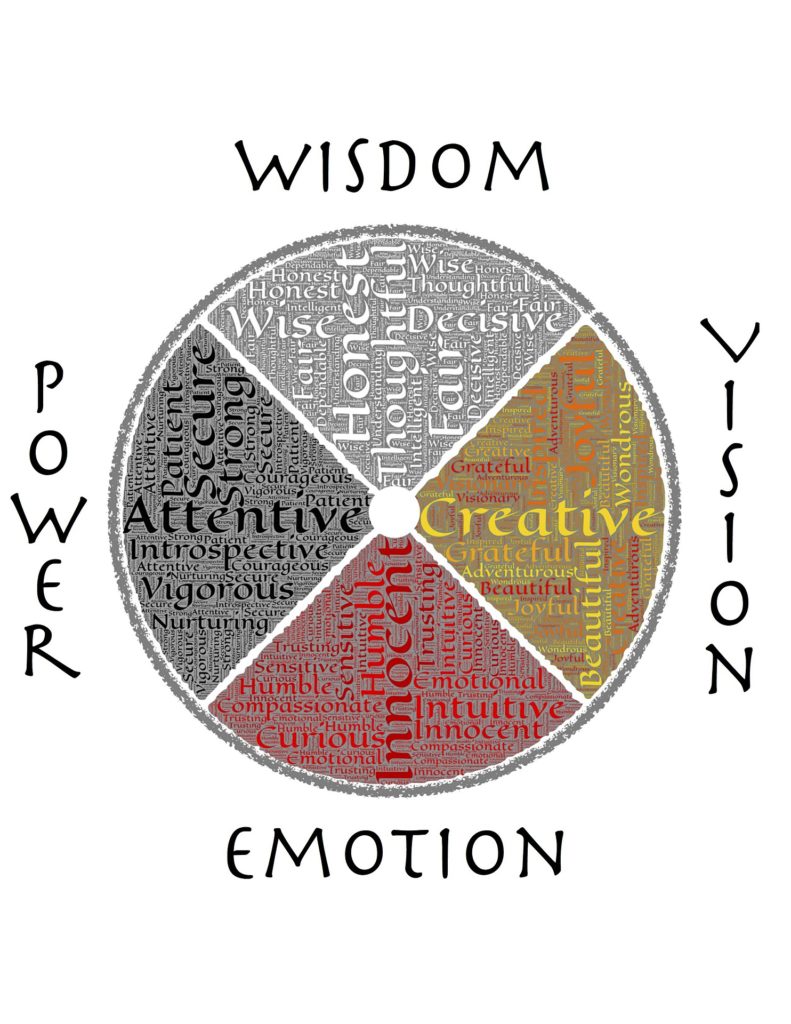
The Emotional Quotient Inventory, or EQ-i ( now in version 2.0) is the world’s leading “self-rating” assessment tool, used for determining your levels of emotional and social intelligence, and is an excellent way to understand your emotional competencies. As the most used and recognized emotional intelligence test, the EQ-i 2.0 provides you with a picture of how you operate emotionally, your areas of strength, and potential areas for development.
With human nature being what it is, especially when combined with the inherent limitations of our tools of perception, it can be very difficult to know the truth of situations. In fact, it’s quite normal for you to perceive the world around you from your own perspective, as opposed to having a firm grasp on objective reality.
However, if you find yourself in a leadership role, your subjective perspective of situations and relationships can lead to confirmation bias and negative beliefs that will limit your effectiveness as a leader. The EQ-I 2.0 emotional intelligence test will help to determine your ability to objectively validate your feelings and thinking with external reality.
Importance of Reality Testing as a Leadership Tool
As mentioned above, it’s not unusual to have feelings, thoughts, and ideas which can, from time to time, feel dominating, controlling or overwhelming, making it very easy to find yourself imagining the worst-case scenario in many situations. During times when you experience feelings and worries at such a heightened level, it’s very common to begin to thinking negatively.
Here are some reasons that EQ-I reality testing is important in your everyday life:
- It allows you to distinguish between what is real and what isn’t
- It allows you to judge situations appropriately
- It allows you to notice your own feelings and what they mean
- It gives you a basis of comparison
- It allows you to improve how you react to situations
In essence, you can think of reality testing as enhanced “situational awareness”; making you far more conscious of your surroundings, while clarifying and closing potential gaps between your internal perceptions and what actually exists in the outside world. Further, with this enhanced perception of reality, you will also become much more aware of biased thinking and limiting beliefs that may affect you in negative ways.
Benefits of Reality Testing
Once again, it is a simple truth of being human that, the more you ponder a situation or experience the more it can dominate your thoughts and feelings. However, by being mindful of your thoughts, ideas, and reactions to situations, you will be better able to determine the validity of your reaction, as well as how much time or energy you should devote to it.
With help from the folks at WellDoing.org, we offer some of the benefits of paying closer attention to how you react to potentially emotional situations:
- You gain deeper awareness of your own mind and your true thoughts and experiences
- You dwell on immediate problems less and you can apply this skill to future situations.
- You are able to negotiate more appropriately the situations which you know cause irritation or distress.
- You are empowered to see wider possibilities and remove yourself from situations which can be drawn out and unhelpful.
- You can notice what you are focusing on and refocus your attention elsewhere, if necessary.
The role of a leader requires that you be firmly grounded in the real world; that you react to situations as they are, rather than as you might hope they would be. The reality testing component of the EQ-I 2.0 emotional intelligence test can present you with a clearer picture of how well you perceive and accept the situations in which you find yourself, and where you can best employ your talents and skills as a leader to improve performance and reach your organizational goals.
Reality testing is so important that I include it as a key component of the training I offer in my Free Leadership Workshop: 5 Steps to Excel in Your Leadership Role.
